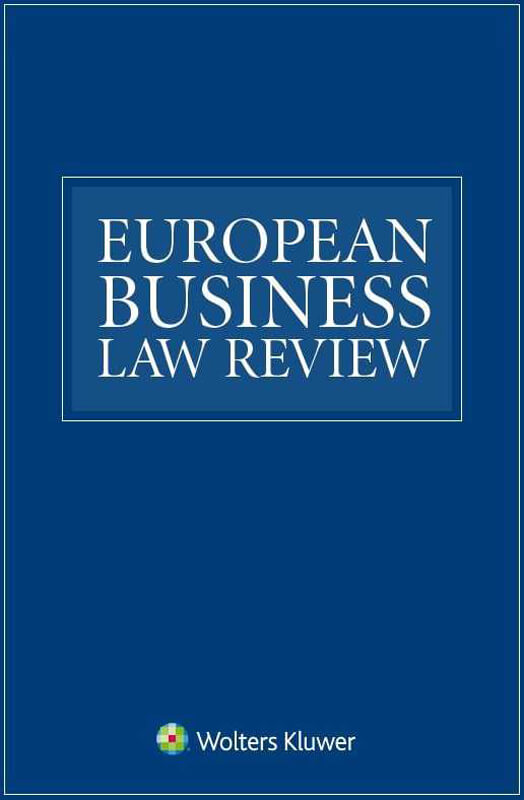Home > All journals > European Business Law Review > 33(7) >

$25.00 - Rental (PDF) *
$49.00 - Article (PDF) *
Tomasz Tomczak
European Business Law Review
Volume 33, Issue 7 (2022) pp. 1123 – 1140
https://doi.org/10.54648/eulr2022049
Abstract
In many continental legal systems it was often problematic to grant a security right to an entity separate from the holder(s) of the secured receivables. Such arrangement was especially desired by the parties in complex lending structures with many creditors. To solve this problem various legal solutions have been created in different countries. In Poland and in France the special institution of a security agent has been introduced. Aim of this article is to compare those two regulations. The conclusion is that the French provisions better deals with the challenges posed by the entity separation problem.
Keywords
Security agent, collective security arrangements, entity separation, unity principle, security rights, security interest, syndicated loan, bond issue, accessoriness of security rights.
Extract
